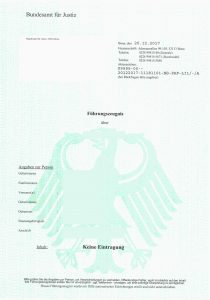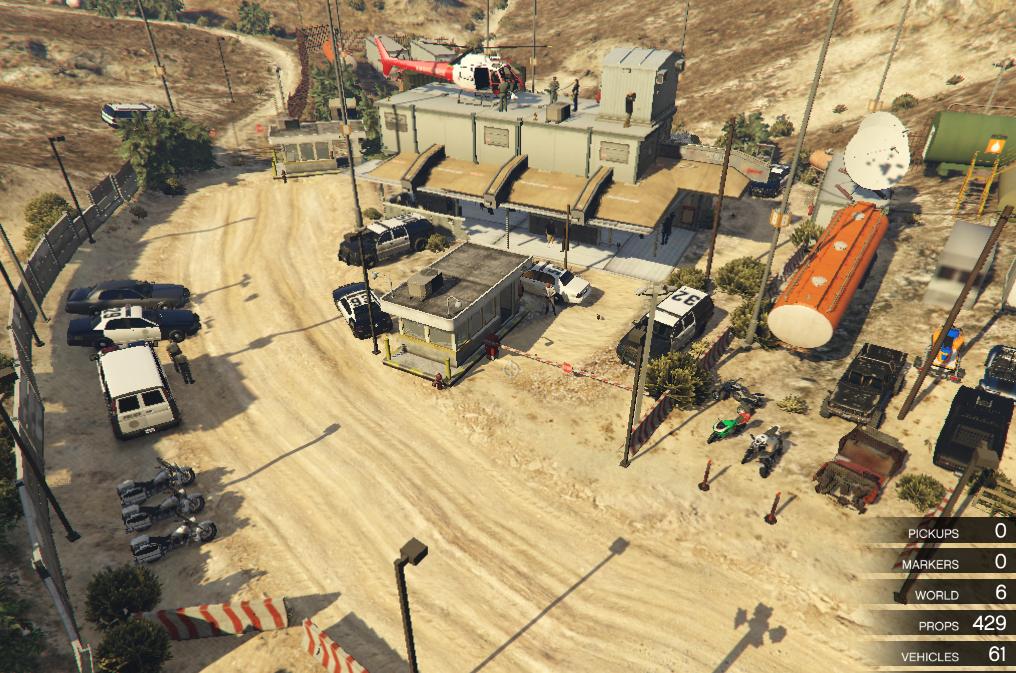A police check certificate is a formal written record issued by a concerned government agency to list any criminal convictions the candidate might have. Such documents are significant in several cases including getting a job, applying for higher education and even to get a civil commitment. Criminal records may include jail time, certainty, as well as civil cases involving discrimination or violence.
Police Check Certificate

Most of the time, a police check certificate has to be filed together with a request for an embassy or consulate. The police clearance certificate is generally obtained by attending police training courses in a U.S. supported country. Some companies will waive the fee, but a lot of them expect the candidate to pay the complete sum. For people who can’t afford to pay the fee, there are many different ways to acquire the document.
Police Check Certificate
Many companies will ask for fingerprints. Applicants may provide their fingerprints or have them taken. They can send photographs or certified photocopies of their fingerprint opinions. If possible, send the receipts registered mail so they may be returned in time for your last application. It is also useful when copies of signed statements, including the announcement of trust which verifies the relationship between the embassy and the applicant, are included with the police certification or authorities check certification.
When completing the application for a police check certification or police clearance certificate, applicants should record any overseas job that they may have previously done. When some countries do not require any further information, others will. Applicants may require confirmation of former police record convictions in the home state and the country in which the applicant is looking for employment. Some states do not need information on prior arrests and convictions. Applicants that are not acquainted with their native countries’ laws must ensure they are familiar with applicable laws before starting an application. Generally, however, most states allow at least a basic degree of disclosure.
Applicants must obtain police certificates from the department of consular affairs of the United States Department of State. Foreign countries may also issue certificates, but the procedure will be more challenging. Applicants should obtain police clearance certificates from designated agencies from the nation where they have employed to work. These agencies may also issue a police certificate on the web. Each country may have different rules, validity periods, and fees.
While every country may have varied requirements, the most frequent police clearance certificates are drawn in the U.S. Department of State Bureau of Prison. To obtain a police certificate, applicants should first attend a program that offers instruction in criminal records and law. This program is usually conducted by an agency of the U.S. Department of State.
Depending upon the application and the level of service acquired, applicants will be asked to attend a class or complete an assigned class. Some training programs require that applicants have a higher level of education, while others do not. Many training providers also provide short online courses to educate prospective applicants on topics such as fgr consent letters, processing of files, and other subjects specific to the safety area.
After finishing the training required for the program, applicants must successfully complete an assigned exam. There are normally two exams to complete; the very first examination is a written check petition (AFR). The next exam is a skills check (SSC). Once applicants complete their assessments, they’ll be mailed their certificate and official authorization letter. Police officers in most states are required to hold a valid certification of police settlement.
When someone applies to be a peace officer in the United States, they must initially complete a background check program. Police clearance certificates are often times required when applying to operate in almost any Federal, State or County agency. There are generally three types of police checks which are often asked; criminal history, sexual offense and financial history. Applicants who don’t fulfill the aforementioned requirements will likely be declined and subsequently sent for further evaluation. After each of the three evaluations, if the applicant’s police clearance certificate is still rejected, they’ll be asked to undergo an appeal process.
Police certificates are often required for high-ranking places at work. A position like police captain requires that applicants have completed the required assessments. Police checks are also often asked for people who work in sensitive positions in the government like cabinet members and senior advisers. Applicants who obtain their certificates are then required to take an innovative tactical skills examination. If the test scores are okay, they will be given their certificates.
A last police check is occasionally required when tourists apply to work in an Australian embassy or consulate. In circumstances where the certificate has been lost or stolen, or cannot be found, the Australian High Commission can request that a copy be mailed to their office. An example of a letter that will be needed by a foreign ambassador involves the relevant particulars and documents that must be present. If the letter isn’t received within five days, the application is deemed incomplete and the applicant will have to reapply with the proper documents.

